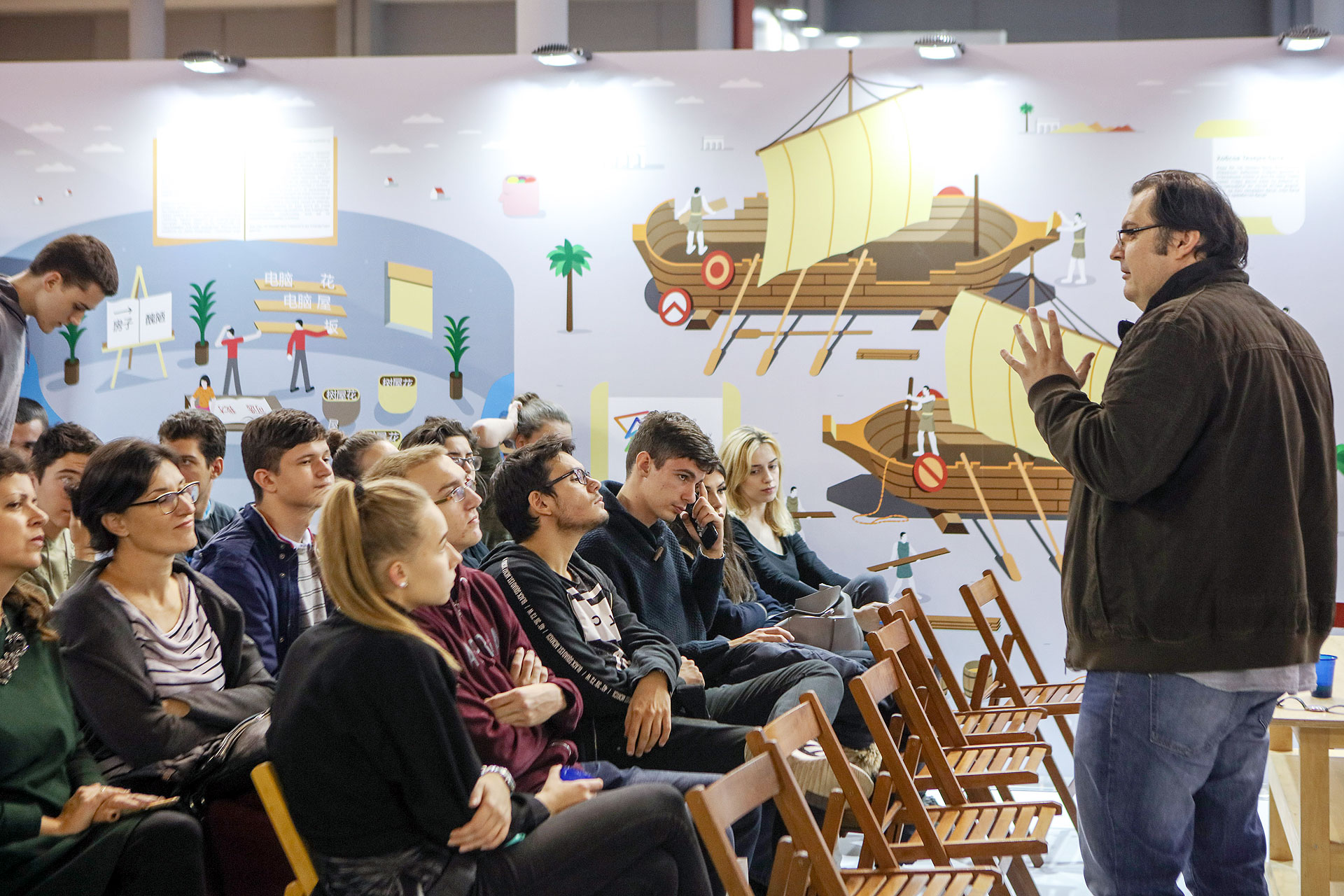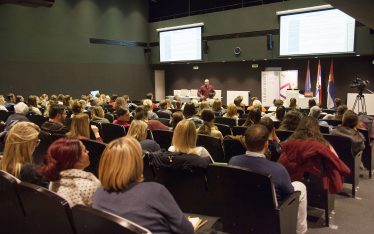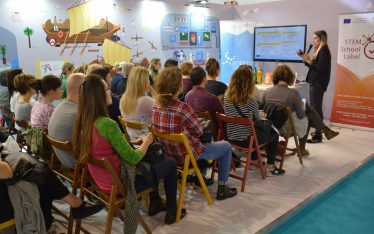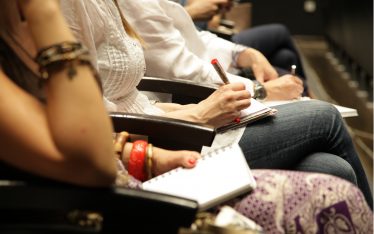Thought experiments find their application in all teaching subjects, in almost all teaching methods; they can be part of any method of transfer and acquisition of knowledge, they are indispensable in the knowledge consolidation and retention process and provide unlimited space for innovation in the fields of teaching and education. Thought experiments are a healthy treat for the brain. In the fast-food era for our impoverished thinking, served in the electronic media social networking canteens, they provide much more than the crossword and sudoku. Thought experiments open the gates of intertwined, ornate and unpredictable paths in the gardens of thought, introducing us to the entertaining maze of conclusions about the issues and intellectual trappings that have always plagued us, or those which, unfortunately, we have never heard of.




Exploring conceptual possibilities is not something that can be confined to particular spheres of reality, as is the case with specialized sciences. Although its birthplace is in philosophy, by the very nature of thought experimentation, it finds its field of work in mathematics, physics, psychology, literature, history, economics, or any other discipline which challenges our thinking and knowledge about the nature of reality, including social reality and elements of reality created by man. This is why thought experiments find their application in all teaching subjects, in almost all teaching methods; they can be a part of any method of knowledge transfer and acquisition, they are indispensable in the knowledge consolidation and retention process and provide unlimited space for innovation in the fields of teaching and education.
Find out more at http://cpn.rs/misaonieksperimenti/
ABOUT THE SEMINAR
The Catalogue of the Institute for the Improvement of Education lists the Seminar under No 554 as accredited for school years 2018/2019, 2019/2020 and 2020/2021: https://zuov-katalog.rs/
The competence developed by the proposed programme: K2 – Teaching and learning competences. Expected Effects of Training: Participants will be instructed in the most significant and historically most influential thought experiments which defined the modern course of development of human knowledge. The participants will be able to develop forms of creative imagination among students, which is indispensable today in acquiring new knowledge, mastering new concepts, both in natural and social sciences, in critical thinking and understanding of the modern world.
The Seminar was designed and implemented by Dr. Mašan Bogdanovski from the Faculty of Philosophy, University of Belgrade and Ivan Umeljić from the Center for the Promotion of Science.






